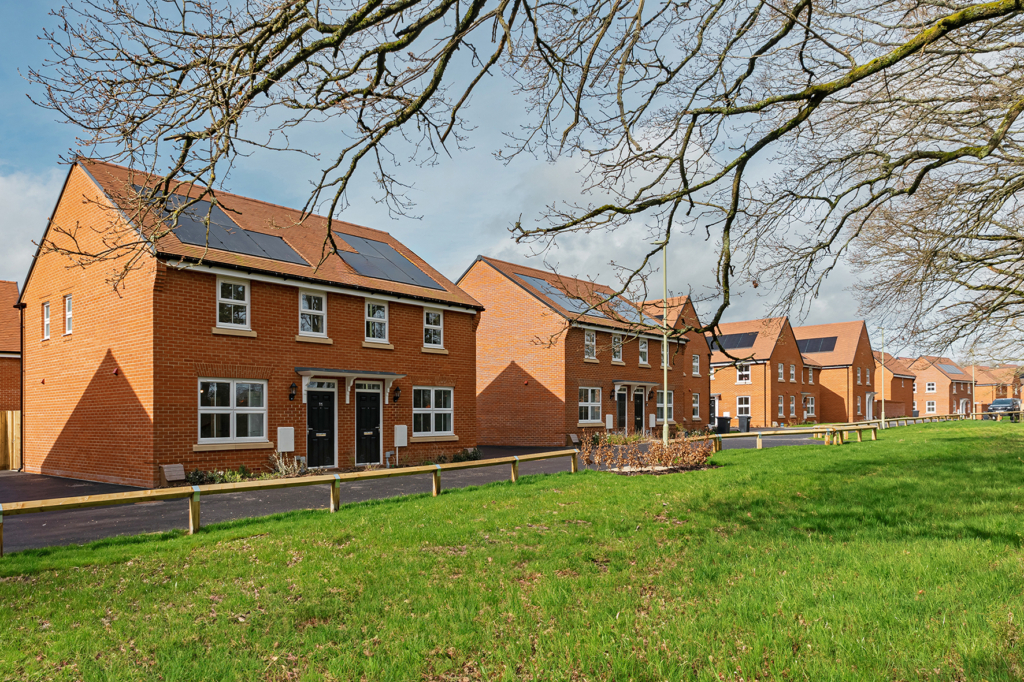UK economy has likely reached a turning point, says CBRE

Signs the UK economy has reached a turning point, buoyed by a definitive election result, are evident, according to CBRE’s UK Mid-Year Market Outlook 2024.
The UK economy has returned to growth following a recession at the end of last year; inflation has reached the Bank of England’s 2 per cent target; and there is now a high probability of an interest rate cut in August – the first movement since March 2023.
The nascent recovery could be further supported by the General Election result, which gives Labour a clear mandate to drive its policy priorities, particularly in the area of housing, and boost confidence.
“We are no longer living under the spectre of an impending election,” said Jennet Siebrits, head of UK research at CBRE.
“While our more than 50-year analysis has found no tangible difference to the overall performance of the UK real estate market, regardless of what political party is in power, we have seen that consumer confidence increases following an election over 70 per cent of the time.
“Such a boost will provide a fillip to the economy.”
Moreover, Labour’s proposal to make the mortgage guarantee scheme permanent, drive infrastructure projects and potentially review business rates could stimulate activity in the real estate market.
Real estate transaction activity is expected to gradually increase due to the improving outlook for interest rates, releasing pent-up demand following 18 months of relative inactivity.
Additionally, according to CBRE research, sentiment is improving in the debt markets and both bank and non-bank lenders are looking to increase originations in the second half of the year, which should spur further investment activity.
In terms of housing delivery, Labour has promised to deliver a mixed package of policies, including restoring mandatory housing targets, introducing a new taskforce to accelerate stalled housing sites, and funding 300 more planning officers.
They’ll also deliver a New Towns programme and a reform of the National Planning Policy Framework, which will include a review of Green Belt boundaries.
Mortgage rates will be the main determinant of activity for the remainder of the year, and CBRE expects house prices to increase by 1 per cent in 2024 and for sales volumes to recover by 10 per cent.
Furthermore, the likely base rate cut in Q3 2024 could act as a catalyst for homebuyers and the residential investment market.
Labour’s planned 1 per cent additional stamp duty surcharge on non-UK resident buyers is not anticipated to have a material impact on overseas buyer demand and the planned continuation of the mortgage guarantee scheme would be positive news for first-time buyers.
Ryan Harris, director of residential development and investment at CBRE Southampton, said: “There are already some positive messages coming out of the new Labour administration around boosting housing delivery, including reviewing Green Belt boundaries – of which the South East represents over 305,280 ha (35,100 ha in South West Hampshire).
“This, coupled with the backdrop of CPI reaching the Bank of England’s 2 per cent target and a likely interest rate cut later this year, should hopefully see an acceleration in housebuilding activity.
“However, there are going to be some challenges.
“The target of 1.5 million homes to be built in England in five years is a steep one and despite the demand for affordable housing, registered providers need to heavily invest in their existing portfolios to meet new regulations, something they are currently grappling with due to increased construction costs and funding issues.”
Jennet added: “We are still anticipating a year of modest GDP growth of around 1 per cent, but now the election is behind us, renewed investor confidence likely will result in momentum building throughout the remainder of the year.
“From a real estate perspective, we particularly welcome the commitment from Labour to reform planning policy.
“This has been an underlying challenge in our industry for some time and an overhaul of the system is long overdue if the UK is to meet much needed housing demand.”


















